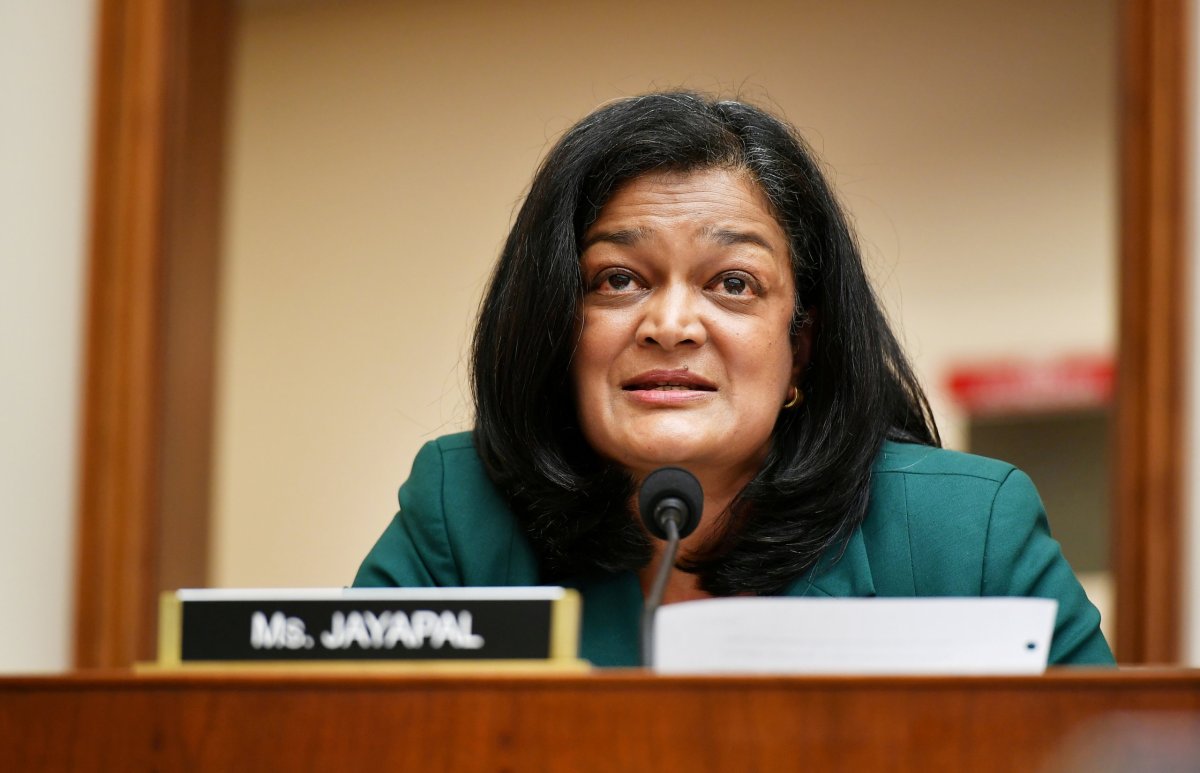By Richard Cowan, Susan Cornwell and Timothy Gardner
U.S. Congress progressives on Tuesday signaled a new willingness to shrink the cost, but not the scope, of President Joe Biden’s multi-trillion-dollar plan to broaden social programs and tackle climate change, as they struggle to reach a deal with party moderates.
Centrist Democrats have balked at the plan’s initial $3.5 trillion price tag. As a result, Biden faces a difficult balancing act in trying to bring down the cost but not alienate progressives who also are essential to passage.
Following a meeting earlier this month on Capitol Hill with his fellow Democrats, Biden suggested the bill could cost around $2 trillion over 10 years.
“We are prepared to negotiate,” Senator Bernie Sanders, an independent who aligns with Democrats, told reporters.
He initially sought a $6 trillion bill.
But Sanders drew the line on one initiative — including the cost of elderly patients’ vision, hearing and dental care covered under Medicare. “This to me is not negotiable,” he said.
Sanders added that time is overdue for centrist Senators Joe Manchin and Kyrsten Sinema to tell the rest of the party what they want in the bill, which is the centerpiece of President Biden’s domestic agenda.
The head of the Congressional Progressive Caucus, Representative Pramila Jayapal, complained that moderates had not articulated a clear position.
Among its provisions are expansions of healthcare for children and the elderly and significant investments in clean technology for everything from electric power generating plants to electric vehicles to reduce carbon emissions responsible for climate change.
“We are waiting for just a couple of senators to tell us what their proposal is,” Jayapal said.
Over the past day, House Speaker Nancy Pelosi gave conflicting signals as to whether Democrats would cut specific programs or try to adjust timing to pare the bill’s cost.
A spokesman said on Tuesday there were discussions of doing both.
Jayapal said that her nearly 100-member Progressive Caucus has made clear that it supports maintaining all the bill’s main priorities but could go along with reducing the number of years they would be effective.
Reuters






























